Obituary: Richard Olson
Physicist, historian, author, esteemed Harvey Mudd College faculty member, alumnus
Physicist, historian, and Harvey Mudd College faculty member and alumnus Richard G. Olson died June 27 at age 80.
Former chair of the faculty and chair of Harvey Mudd’s Department of Humanities, Social Sciences, and the Arts, Mr. Olson was a prolific writer with more than 60 published works on the history of science. He served on the Harvey Mudd faculty for 35 years before his retirement in 2011.
Born in Saint Paul, Minnesota, he grew up in South Dakota then moved with his family to Walnut Creek, California, during high school. After graduation, he was named a National Merit Scholar and became a member of the Harvey Mudd College class of 1962.
At Harvey Mudd, Mr. Olson discovered physics and was exposed to the history of physics. The HMC course science and man’s goals first attracted him to the topics he was to eventually write about and teach. He received his BA in physics, earning honors and becoming valedictorian of his class of 32 peers as well as receiving a National Science Foundation fellowship to undertake graduate work in physics.
Mr. Olson pursued graduate work at Harvard with two physics faculty members involved in the history of science field. He earned an MS in physics, but he was more fascinated by the history than the physics.
As a Harvey Mudd alumnus, he received the first Harvey S. Mudd Memorial Endowment Fund grant, which allowed him to pursue research for his dissertation “Sir John Leslie: 1766–1832, A Study of the Pursuit of the Exact Sciences in the Scottish Enlightenment.”
Before receiving his PhD in the history of science in 1967, he taught for two years at Tufts University. He then taught for another nine years at the University of California, Santa Cruz, returning to HMC in 1976 on leave from UCSC.
His research and teaching focused on the history of science, with special emphasis on the interactions between the natural sciences and other cultural domains, including those of religion, political ideology, and issues of gender and ethnicity. Mr. Olson taught courses in European history, the history of science, and US science policy.
Not only was he an active and challenging teacher, he was also a prolific writer. He wrote or edited many books, articles and reviews, including those on feminist issues in the history of science. In one of his latest books Mr. Olson offered an analysis of the complex relationships between science and society in Scientism and Technocracy in the Twentieth Century: The Legacy of Scientific Management (2015).
He chaired the Harvey Mudd’s Department of Humanities, Social Sciences, and the Arts from 1982 to 1985, directed the Claremont Colleges Program on Science, Technology and Society from the early to mid-1990s and served as chair of the faculty from 1998 to 2001. He served as the Hennebach Distinguished Visiting Professor in Humanities at the Colorado School of Mines from 2002 to 2003.
Mr. Olson was a member of various diversity committees over the years and provided valuable input to the college’s diversity efforts. In 2005, he was awarded the Henry T. Mudd Prize for his efforts in faculty recruitment, supportive leadership in academic initiatives, commitment to diversity and community engagement and for his commitment to students. In 2012, the HMC Alumni Association recognized him with a lifetime achievement award.
He wrote The Emergence of the Social Sciences: 1642–1792 (1992), a spin-off of his Science Deified and Science Defied: The Historical Significance of Science in Western Culture: Vol II, 1620–1820. (His Volume I of the series, covering the Bronze Age to c1620, is used as a textbook at a number of institutions).
Other books include Science and Scientism in Nineteenth Century Europe (2008), and Science and Religion, 1450–1900: From Copernicus to Darwin (2004; Chinese edition, Shandong People’s Press, 2008). The latter is part of a 10-volume series, Greenwood Guides to Science and Religion, which explores the interaction between science and religion in many religious traditions for which he was the general editor.
In 2015, Mr. Olson offered an analysis of the complex relationships between science and society in Scientism and Technocracy in the Twentieth Century: The Legacy of Scientific Management (2015).
In a 1992 interview with college staff, Mr. Olson said, “I enjoy exploring the broad cultural impacts of science. I don’t want to write only for historians of science, but for literate laypersons with varied interests. People worship or vilify science without a full understanding of its cultural implications. I want them to better understand why they view science the way they do.”
Mr. Olson is survived by his wife, Kathy Collins Olson; a brother, Gary C. Olson, and Gary’s wife, Tina.
The family requests that remembrances in his honor be made to the Richard G. Olson ’62 Endowed Scholarship Fund at Harvey Mudd College at www.hmc.edu/ campaign.
Physicist, historian, author, esteemed Harvey Mudd College faculty member, alumnus
Physicist, historian, and Harvey Mudd College faculty member and alumnus Richard G. Olson died June 27 at age 80.
Former chair of the faculty and chair of Harvey Mudd’s Department of Humanities, Social Sciences, and the Arts, Mr. Olson was a prolific writer with more than 60 published works on the history of science. He served on the Harvey Mudd faculty for 35 years before his retirement in 2011.
Born in Saint Paul, Minnesota, he grew up in South Dakota then moved with his family to Walnut Creek, California, during high school. After graduation, he was named a National Merit Scholar and became a member of the Harvey Mudd College class of 1962.
At Harvey Mudd, Mr. Olson discovered physics and was exposed to the history of physics. The HMC course science and man’s goals first attracted him to the topics he was to eventually write about and teach. He received his BA in physics, earning honors and becoming valedictorian of his class of 32 peers as well as receiving a National Science Foundation fellowship to undertake graduate work in physics.
Mr. Olson pursued graduate work at Harvard with two physics faculty members involved in the history of science field. He earned an MS in physics, but he was more fascinated by the history than the physics.
As a Harvey Mudd alumnus, he received the first Harvey S. Mudd Memorial Endowment Fund grant, which allowed him to pursue research for his dissertation “Sir John Leslie: 1766–1832, A Study of the Pursuit of the Exact Sciences in the Scottish Enlightenment.”
Before receiving his PhD in the history of science in 1967, he taught for two years at Tufts University. He then taught for another nine years at the University of California, Santa Cruz, returning to HMC in 1976 on leave from UCSC.
His research and teaching focused on the history of science, with special emphasis on the interactions between the natural sciences and other cultural domains, including those of religion, political ideology, and issues of gender and ethnicity. Mr. Olson taught courses in European history, the history of science, and US science policy.
Not only was he an active and challenging teacher, he was also a prolific writer. He wrote or edited many books, articles and reviews, including those on feminist issues in the history of science. In one of his latest books Mr. Olson offered an analysis of the complex relationships between science and society in Scientism and Technocracy in the Twentieth Century: The Legacy of Scientific Management (2015).
He chaired the Harvey Mudd’s Department of Humanities, Social Sciences, and the Arts from 1982 to 1985, directed the Claremont Colleges Program on Science, Technology and Society from the early to mid-1990s and served as chair of the faculty from 1998 to 2001. He served as the Hennebach Distinguished Visiting Professor in Humanities at the Colorado School of Mines from 2002 to 2003.
Mr. Olson was a member of various diversity committees over the years and provided valuable input to the college’s diversity efforts. In 2005, he was awarded the Henry T. Mudd Prize for his efforts in faculty recruitment, supportive leadership in academic initiatives, commitment to diversity and community engagement and for his commitment to students. In 2012, the HMC Alumni Association recognized him with a lifetime achievement award.
He wrote The Emergence of the Social Sciences: 1642–1792 (1992), a spin-off of his Science Deified and Science Defied: The Historical Significance of Science in Western Culture: Vol II, 1620–1820. (His Volume I of the series, covering the Bronze Age to c1620, is used as a textbook at a number of institutions).
Other books include Science and Scientism in Nineteenth Century Europe (2008), and Science and Religion, 1450–1900: From Copernicus to Darwin (2004; Chinese edition, Shandong People’s Press, 2008). The latter is part of a 10-volume series, Greenwood Guides to Science and Religion, which explores the interaction between science and religion in many religious traditions for which he was the general editor.
In 2015, Mr. Olson offered an analysis of the complex relationships between science and society in Scientism and Technocracy in the Twentieth Century: The Legacy of Scientific Management (2015).
In a 1992 interview with college staff, Mr. Olson said, “I enjoy exploring the broad cultural impacts of science. I don’t want to write only for historians of science, but for literate laypersons with varied interests. People worship or vilify science without a full understanding of its cultural implications. I want them to better understand why they view science the way they do.”
Mr. Olson is survived by his wife, Kathy Collins Olson; a brother, Gary C. Olson, and Gary’s wife, Tina.
The family requests that remembrances in his honor be made to the Richard G. Olson ’62 Endowed Scholarship Fund at Harvey Mudd College at www.hmc.edu/ campaign.
To read his speech delivered in spring 2015 during Presentation Days, in which he highlights the challenge of engaging a liberal arts approach to STEM education at Harvey Mudd College, visit www.hmc.edu/hsa/2020/03/20/what-is-a-liberal-arts-education-anyway-by-richard-olson/.

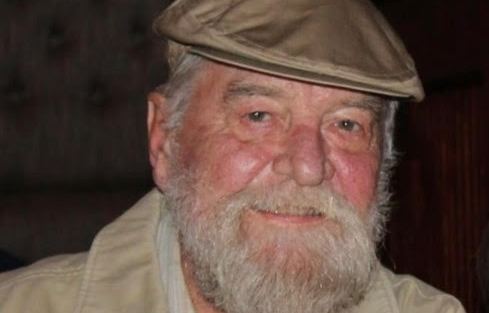
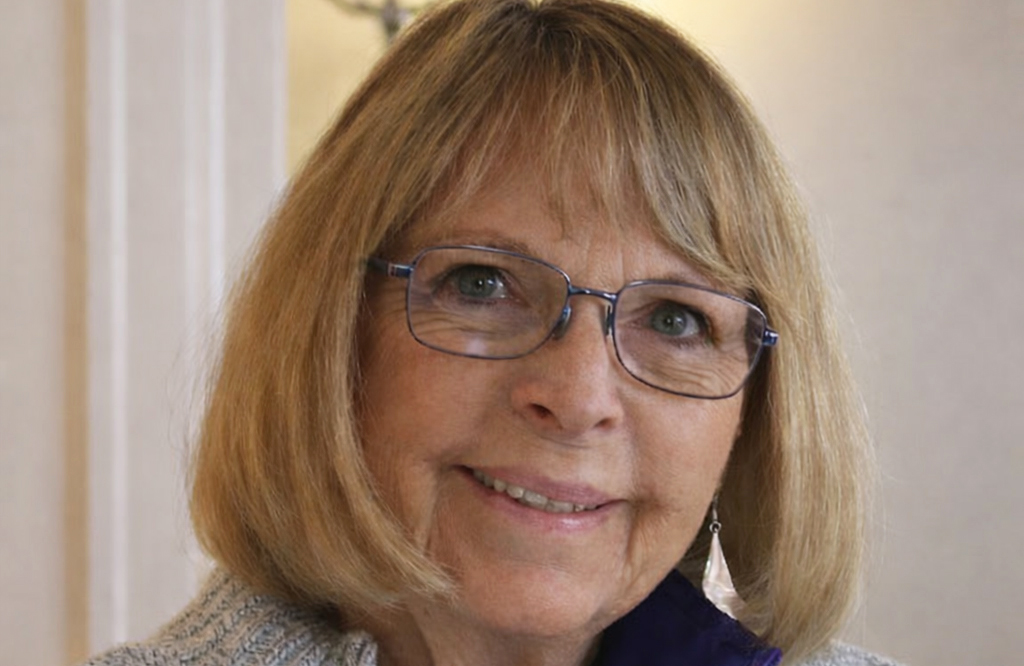
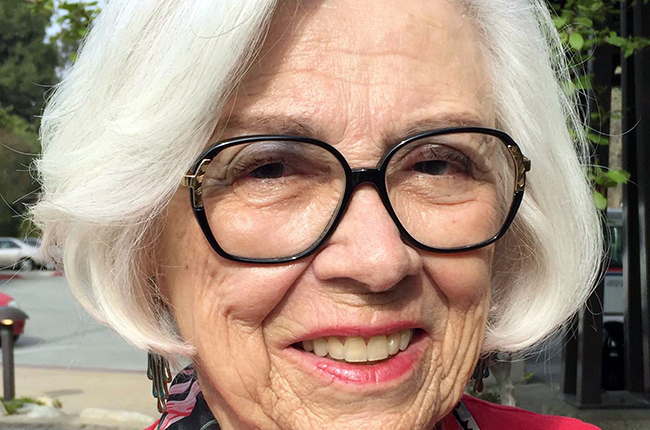
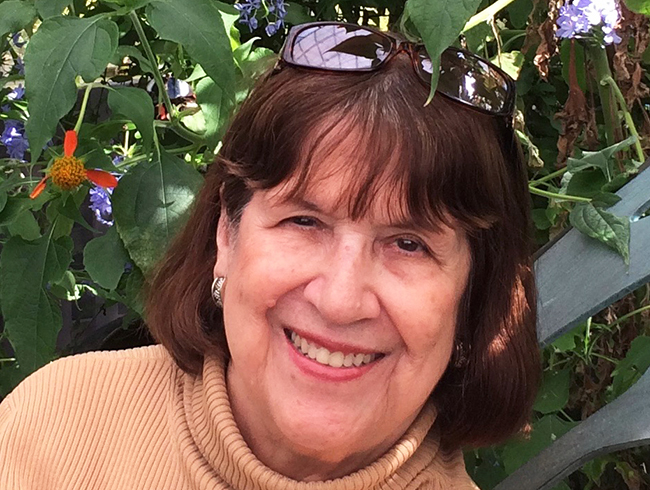

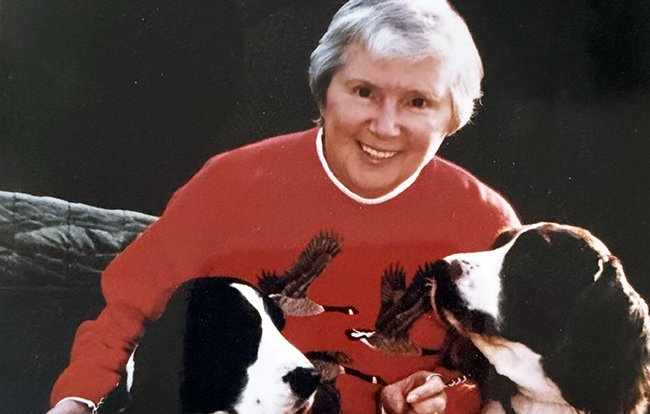

0 Comments